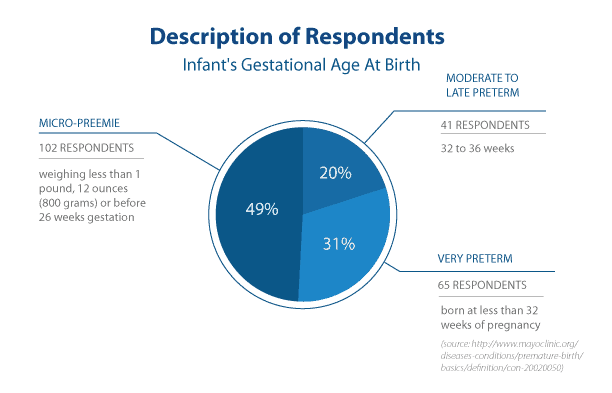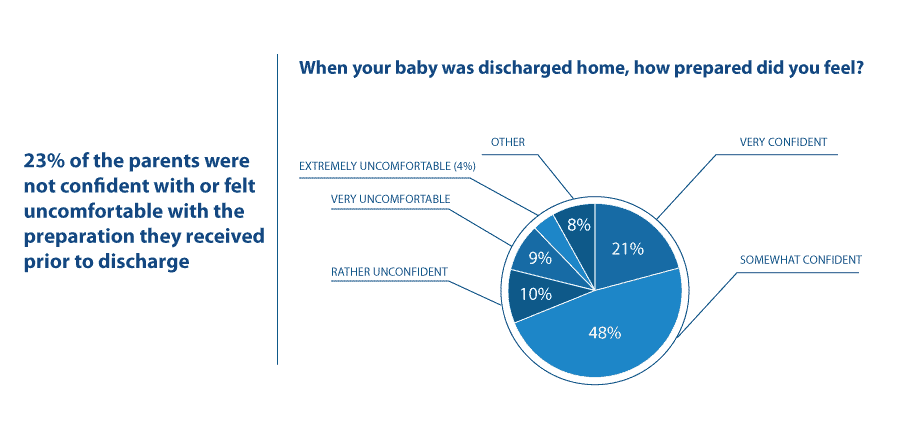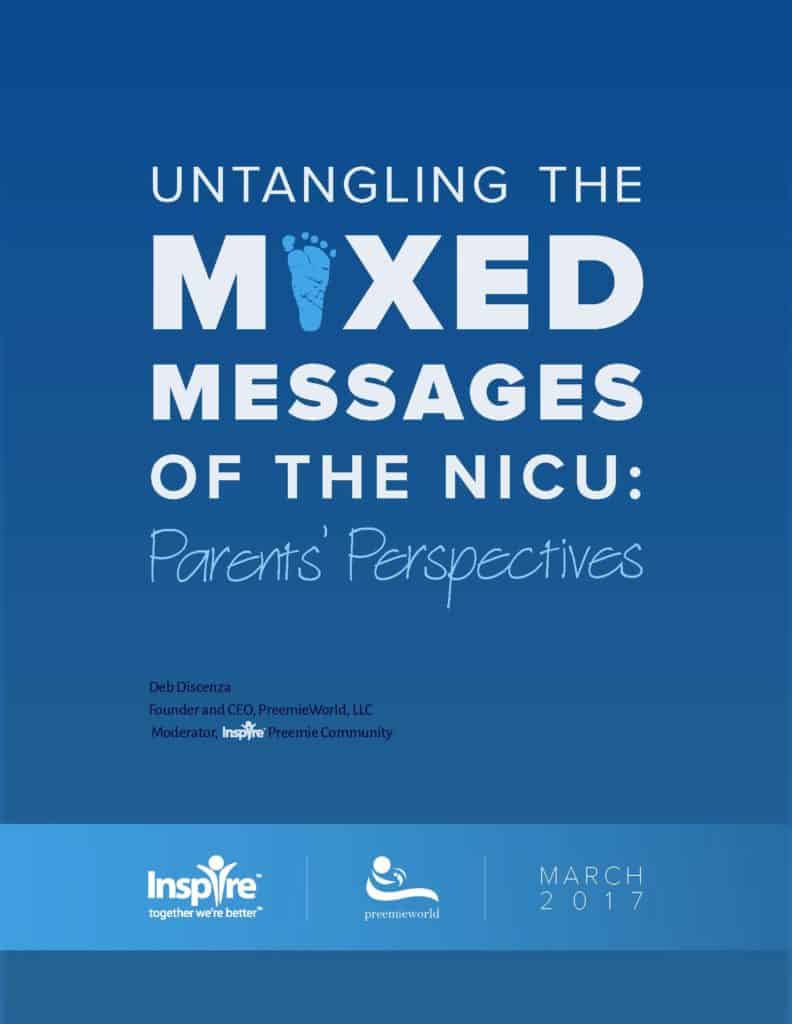Do you really hear patients?

Communication breakdowns between healthcare providers, patients, and caregivers can have profound impacts on long-term health. Even for those not working directly with patients, as payers, hospital administrators and life science industry professionals, it is crucial to learn from documented failures in communication.
As an example, consider parents whose children were born prematurely and who had extended stays in a neonatal intensive care units (NICUs). A survey of parents conducted in the Inspire Preemie Community revealed significant problems in their experiences with NICUs.
The survey findings, detailed in an Inspire eBook called Untangling the Mixed Messages of the NICU: Parents’ Perspectives, show that the NICU does not prepare parents to care for their babies later, does not provide support for parents as they face profound illness and possible death of their newborn, and generally needs to be more parent-friendly.

Patient advocate Deb Discenza of PreemieWorld, who conducted the survey and wrote the eBook in collaboration with Inspire, explored the parents’ reflections on the NICU experience as well as her own — her daughter, now 13 years old, was born preterm. She also presented the findings last summer to an international conference of NICU nurses.
Survey Findings
Discenza noted a lack of consistency in preparing parents for discharge. Over 20% of parents were rather unconfident, very uncomfortable or extremely uncomfortable with caring for their child outside the NICU.

Many of these children were not in good condition. More than 200 parents participated in the survey and over 40% had a baby who was declining and expected to die. Fourteen had babies that did die, 11 died in the NICU and three died after discharge to home.
One survey respondent said: “The two things that bother me the most are that people think babies just hang around the NICU trying to get bigger and that it’s no big deal, like they are just being babysat. And that once preemies are home they are fine just like any other full-term baby. Even the medical community does not explain this well enough.”
Another said: “There is a time and place for just ‘getting on’ to the next patient and the NICU isn’t one of those.”
These NICU parents, particularly those still coping years later with the loss of their babies, demonstrate how keenly patients and caregivers hang on to conversations that healthcare professionals may consider routine.
In addition, Discenza noted the feeling of being “just visitors” was a common theme for mothers and fathers. In a situation where their child requires highly specialized care, parents want to have some form of control, she said, even if only in a small way at first.

Empowering and inclusive gestures can have significant positive impact, as this mother recounted:
“The nurses informed me that I had access to my daughter 24/7 and to come anytime I felt well enough. Not knowing anything about the NICU or what was to come, that made a world of difference in reminding me that I had an important role as a parent.”
The Takeaway
When communicating and involving patients and caregivers in research and development, what do you take into consideration? Based on the insights gleaned from the NICU parents, respect and consistency in communication matter. Appreciating how the patient or caregiver is feeling may matter most of all.
Inspire offers a trusted community to patients and caregivers. Our goal with this blog, this website and our content is to provide the life science industry access to the true, authentic patient voice. In so doing, we support faithful operationalization of patient-centricity. Take a look at our case studies, eBooks and news outlet coverage.






